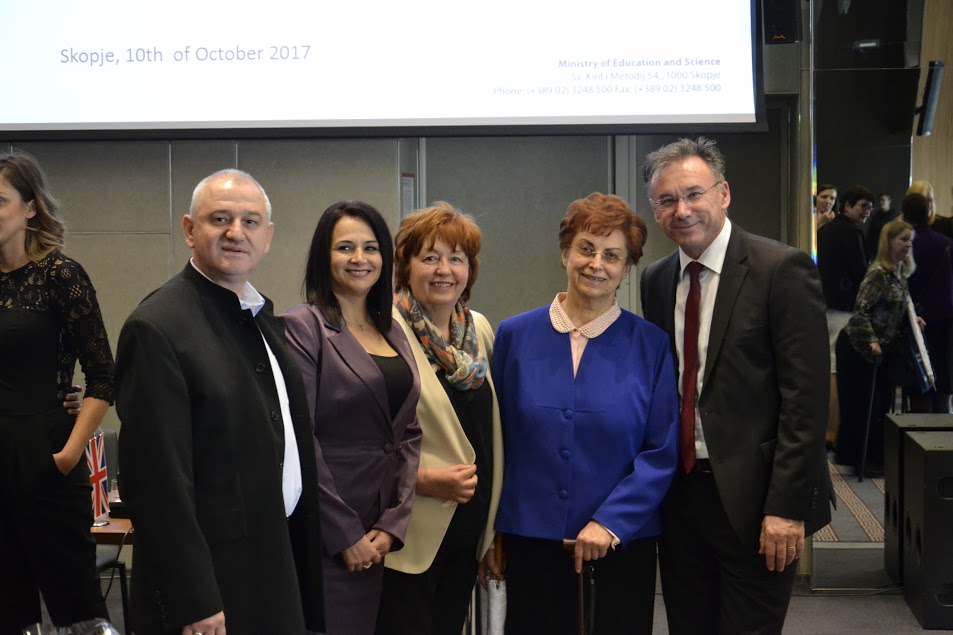A new project at IBE and a complex research challenge
"The development and dissemination of diagnostic tools for the cognitive assessment of children and youth" is a project that will be implemented over the next three years by the Educational Research Institute in cooperation with the SWPS University of Social Sciences and Humanities. As part of the project, innovative diagnostic tools will be developed to assess the cognitive development of children and youth from 3 months to 25 years of age. The developed tests and post-diagnostic materials will be sent to all psychological and pedagogical clinics in Poland.




